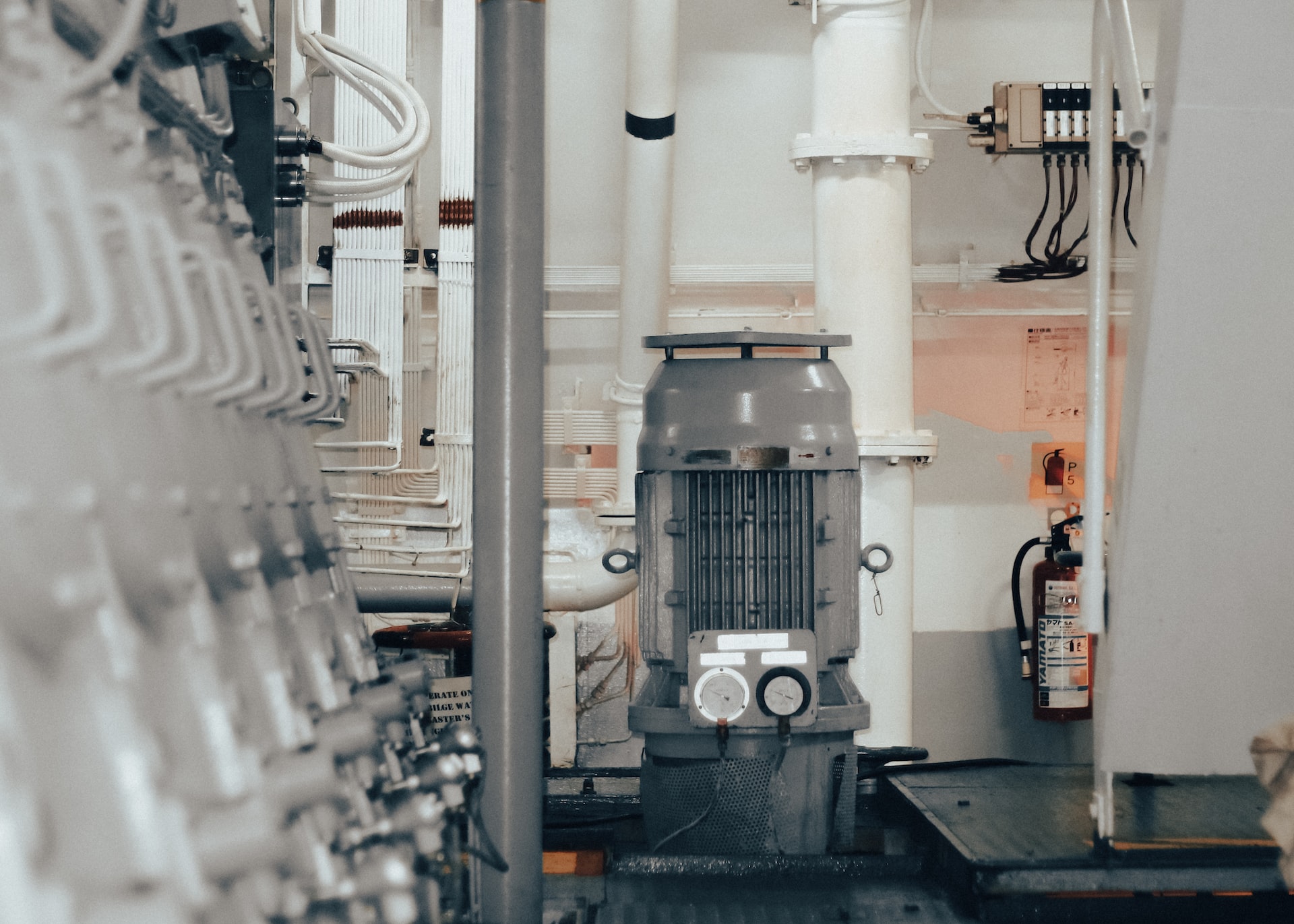Pumps are undoubtedly the workhorse of most industries. In chemical industries, pumps are critical to the production of chemical compounds and substances. They should be designed and constructed to withstand the viscosity, abrasiveness, and corrosiveness of various substances. Choosing the right pump for your chemical industry is daunting. You should first determine the intended application of the pump. Since these pumps wear out after a certain period, you should consider the availability of industrial pump parts when deciding.
Considerations for Industrial Pump Selection
Different pumps are normally used in chemical processing industries. Pump selection primarily depends on the nature of the chemical liquids being used or manufactured. While most pumps are perfect for most chemical industry applications, some procedures use harsh chemicals that demand special pumps.
Highly corrosive liquids are used in chemical industries as feedstock for manufacturing the end products or for adjusting the PH of mixtures to facilitate reactions. For instance, fertilizer manufacturing industries use sulphuric acid, which is very corrosive. Industries also use hydrochloric acid, specifically for PH balancing. These acids can cause skin and tissue damage and respiratory failure.
Industrial pumps are carefully selected to ensure they can handle these corrosive chemicals. Chemical process engineers should select sturdy and robust pumps that can withstand these dangerous materials and prevent chemical leakage. Industrial chemical pumps are made from metal and non-metal materials.
Metals, such as stainless steel, alloy C, aluminum, and cast iron, can withstand abrasives and slurries. Non-metals, such as Kynar nylon, acetal, and polypropylene, are lightweight and have various chemical compatibilities.
Types of Pumps Used in Chemical Industries
The four main types used in chemical industries include:
Centrifugal pumps
They are by far the most commonly used pumps in chemical industries. They have a simple design and are less expensive, but highly efficient than other pumps. As the name implies, centrifugal pumps create a vacuum that draws chemicals into the impeller. However, this mechanism of action makes these pumps prone to cavitation, especially at low pressures. The main drawback of centrifugal pumps is low suction power and requires priming to operate.
Positive displacement pumps
These normally are rotary pumps, which include screws, rotary vane, piston, and gear pumps. They are very efficient in moving chemicals in highly viscous fluids and deliver high pressures. Positive displacement pumps can also be used to move low-vapor pressure chemicals, which have high resistance and often flow at low speeds.
Diaphragm pumps
Diaphragm pumps are a subtype of positive displacement pumps which move liquids and liquid-gas components through the reciprocating diaphragm. They are beneficial over other positive displacement diaphragms in many ways. There are plastic and metal diaphragm pumps, which make them compatible with various industrial applications. However, both plastic and metal diaphragm pumps should only be used with specific chemicals.
Turbine pumps
Turbine pumps have turbine-like impellers that move chemicals. These pumps provide the versatility of centrifugal pumps and high-discharge pressures offered by positive displacement pumps. As such, they can’t be used for moving liquid-solid content.
Endnote
The chemical industry is highly reliant on pumps. Reliable industrial pumps are key to uninterrupted production processes. These industries should comply with health and safety standards for workers protection and minimize equipment damage that can cause plant failure.







